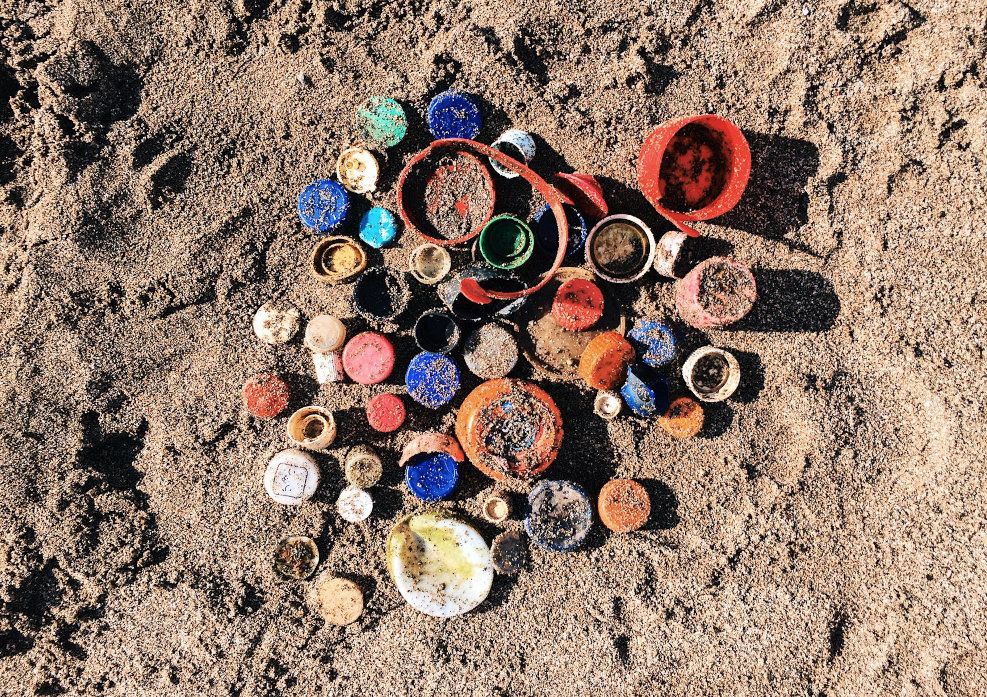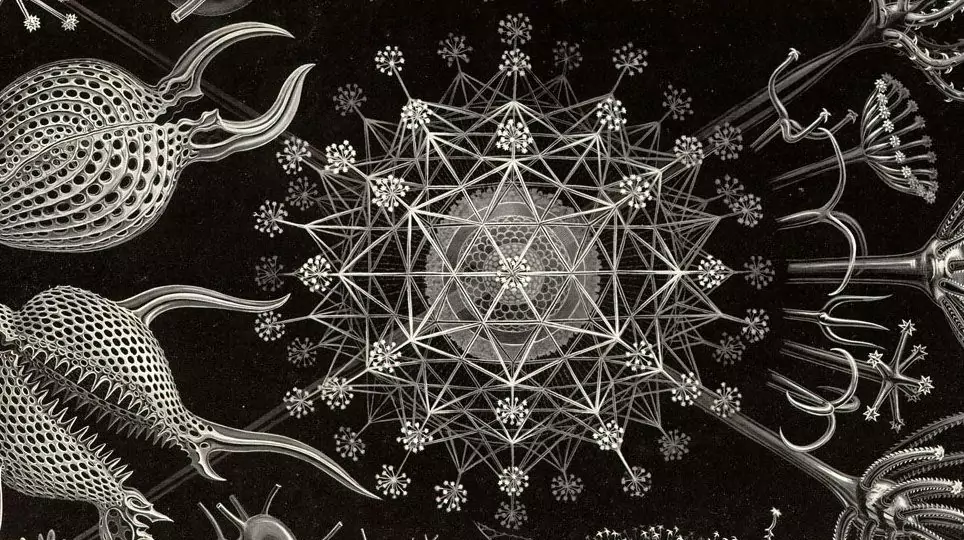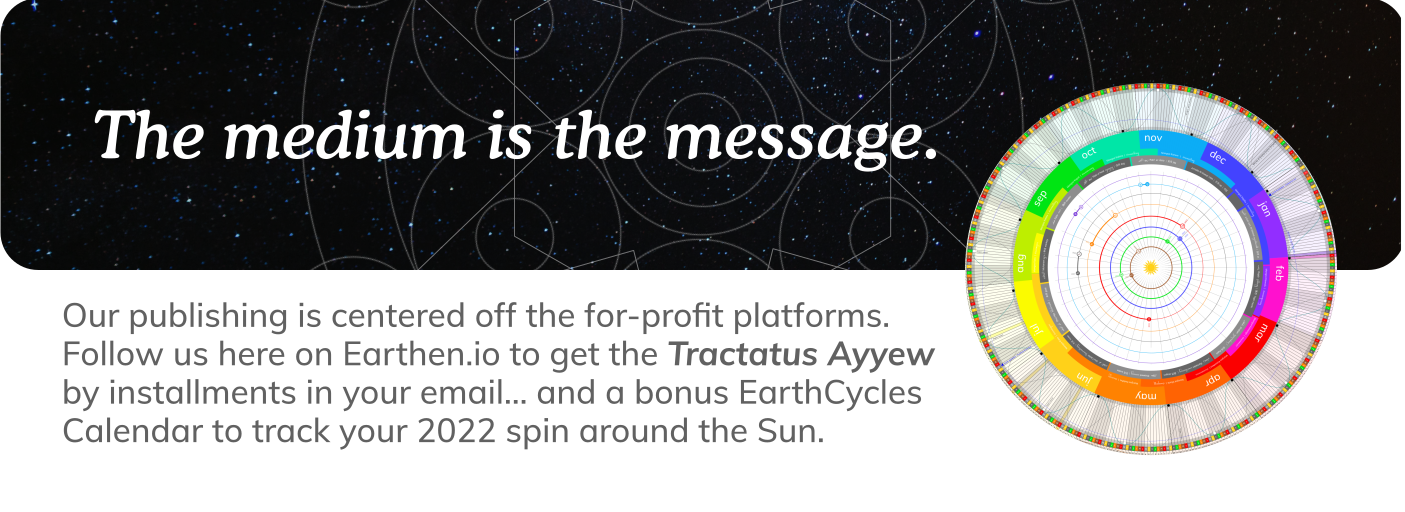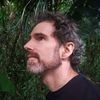Plastic 1.0
Our century-long story of plastic as human-made and managed has been woefully short-sighted.

Like no other material, plastic has been made entirely for the use and benefit of humans. Of no use to other creatures, as plastic has scattered over land and sea in the last century, it has clogged ecological cycles wherever it has ended up. The contaminating and polluting consequences of our human-centered creation and consumption, is now the focus of great consternation and condemnation. While in comparison to species extinction, ocean acidification, rainforest destruction and other ecological crisises— scattered wrappers, bottles and toothbrushes may not be as dire. However, as we look out upon littered beaches, chocked rivers and whale bellies full of our bags, plastic’s consequences certainly cause us the most shame.
Yet, in so doing, an awakening has begun.
Around the world we’re realizing where our plastic, oh-so carefully segregated and recycled, is actually ending up. Investigative journalism and scientific study has made the fate of plastic clear. No matter how well we landfill it— microscopic plastic particles are ending up loose in the biosphere. No matter how careful we are in incinerate it— plastic’s chemicals are leaching out into ecosystems and us. No matter how much we recycle it— plastic’s usage , production and associated emissions rise unabated.
Our observation of the ensuing pollution has evoked a generational despair. It has led to a harsh judgment of both ourselves and of plastic as innately flawed and ecological damaging. Many of us lament that both plastic and humanity seem destined to pollute, contaminate and deplete.
However, such judgments are entirely misplaced.
NEXT: Chapter 2 | Plastic's Stellar Story

WHAT IS THE TRACTATUS AYYEW?
A decade ago, Banayan Angway and Russell Maier; an Igorot wisdom keeper and a western philosopher, joined forces to protect the Chico River in the remote Northern Philippines from an inundation of plastic pollution. Ever since, they have continued to explore the pressing modern relevance of indigenous ecological wisdom. Guided by the Igorot Ayyew eco-ethos, they are publishing a systematic theory of green and grey in the form of a philosophical treatise.
PREVIOUS: Chapter 1 | Imagine
WHAT IS THE TRACTATUS AYYEW? The Story





